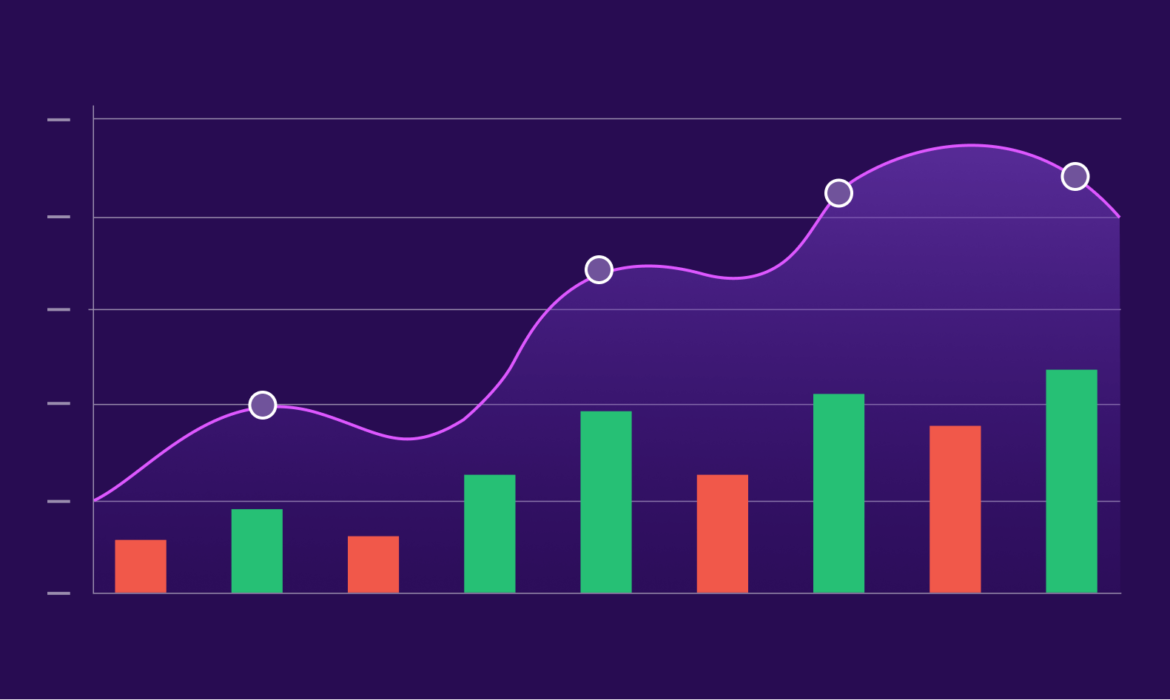
Ever wondered if it’s possible to consistently outsmart the stock market? The debate between active and passive investing has been fueled by the Efficient Market Hypothesis (EMH), which claims markets are nearly impossible to beat. Let’s dive into how EMH shapes these investment strategies and see if there’s room for savvy investors to gain an edge. I know for beginners, investing is tedious and investment education can be a game changer. Register at apex-revolution.com to connect with education firms and learn investing right from the word go!
The Core Principles of EMH and Their Implications for Investment Strategies
The Efficient Market Hypothesis (EMH) proposes that financial markets are highly efficient in reflecting all available information about a stock or asset. In simple terms, this means that the current price of a stock already factors in all known data, making it nearly impossible to consistently “beat the market” through stock picking or market timing.
There are three versions of EMH: weak, semi-strong, and strong. The weak form suggests that current prices reflect all past trading information. The semi-strong form takes it a step further, stating that prices adjust rapidly to new public information. The strong form argues that even insider information is reflected in current prices.
For investors, this hypothesis suggests that trying to outperform the market through active management is futile over the long run. Why? Because if markets are truly efficient, then any gains from buying or selling stocks based on new information will be quickly eroded as the market adjusts.
It’s like trying to find gold in a river after everyone else has already panned for it – the opportunities are scarce and diminishing. As a result, many investors might lean towards passive investment strategies, like index funds, which aim to mirror the performance of a market index rather than outperform it.
However, EMH has its critics. Some argue that market anomalies and behavioral biases can create opportunities for savvy investors to exploit inefficiencies. But one must ask: Is it worth the time and effort to chase these rare opportunities, or are you better off riding the market wave through a passive strategy?
Analyzing the Empirical Evidence: Does the Market Truly Reflect All Available Information?
When it comes to the Efficient Market Hypothesis, the debate isn’t just academic—it’s backed by real-world data. There have been numerous studies aimed at answering a crucial question: Does the stock market incorporate all available information into asset prices?
Research shows mixed results. Some studies back up EMH by demonstrating that actively managed funds rarely outperform their passive counterparts over the long haul. For example, over 15 years ending in 2021, over 85% of large-cap active fund managers underperformed the S&P 500. It’s like betting against a marathon runner who’s trained for years while you’ve just started jogging. The odds aren’t in your favor.
However, skeptics point to instances where markets have behaved irrationally or where prices didn’t immediately reflect new information, such as during market crashes or bubbles. The 2008 financial crisis is often cited as a glaring example of market inefficiency, where asset prices didn’t accurately reflect the risks involved.
Behavioral finance also challenges EMH by highlighting how emotions and cognitive biases—like overconfidence or herd behavior—can cause deviations from rational pricing. Given these points, investors should be cautious about taking EMH at face value.
While it offers a compelling theory, real-world events show that markets aren’t always perfectly efficient. The smart move? Stay informed, diversify your investments, and maybe don’t put all your eggs in the “markets are always right” basket.
Risk and Return Paradigms Under the Efficient Market Hypothesis
EMH has significant implications for understanding risk and returns in investing. If markets are efficient, the only way to achieve higher returns is by taking on greater risk. In this context, “risk” refers to the uncertainty of returns or the potential for financial loss.
The idea is that in an efficient market, there’s no “free lunch”—every gain comes with its own set of risks. For example, high-growth stocks might promise substantial returns, but they also come with a higher likelihood of volatility. Investing in such stocks is akin to playing in the big leagues; the rewards are enticing, but the stakes are much higher.
In a world where markets efficiently price assets, the concept of alpha—the ability to generate returns above a benchmark—is contentious. Achieving alpha requires beating the market, something that EMH suggests is not feasible consistently.
Most gains, according to EMH, should stem from beta, or market-related risk, rather than from active management skills. For those who do attempt to beat the market, the added costs and risks can often outweigh any potential benefits.
So, what’s the takeaway for everyday investors? It’s vital to align your investment strategy with your risk tolerance and long-term goals, perhaps favoring a diversified portfolio that mirrors market performance.
Remember, while chasing higher returns can seem appealing, it often involves accepting risks that might not align with your financial comfort zone. Consider consulting with financial advisors to better understand the trade-offs involved.
Conclusion
EMH presents a challenging case for active investors, arguing that markets are too efficient to consistently outperform. While passive strategies may seem like a safe bet, understanding the nuances and occasional market inefficiencies can still provide opportunities. So, should you bet on the market or your instincts? Stay informed, diversify wisely, and consider seeking professional advice for your financial journey.



